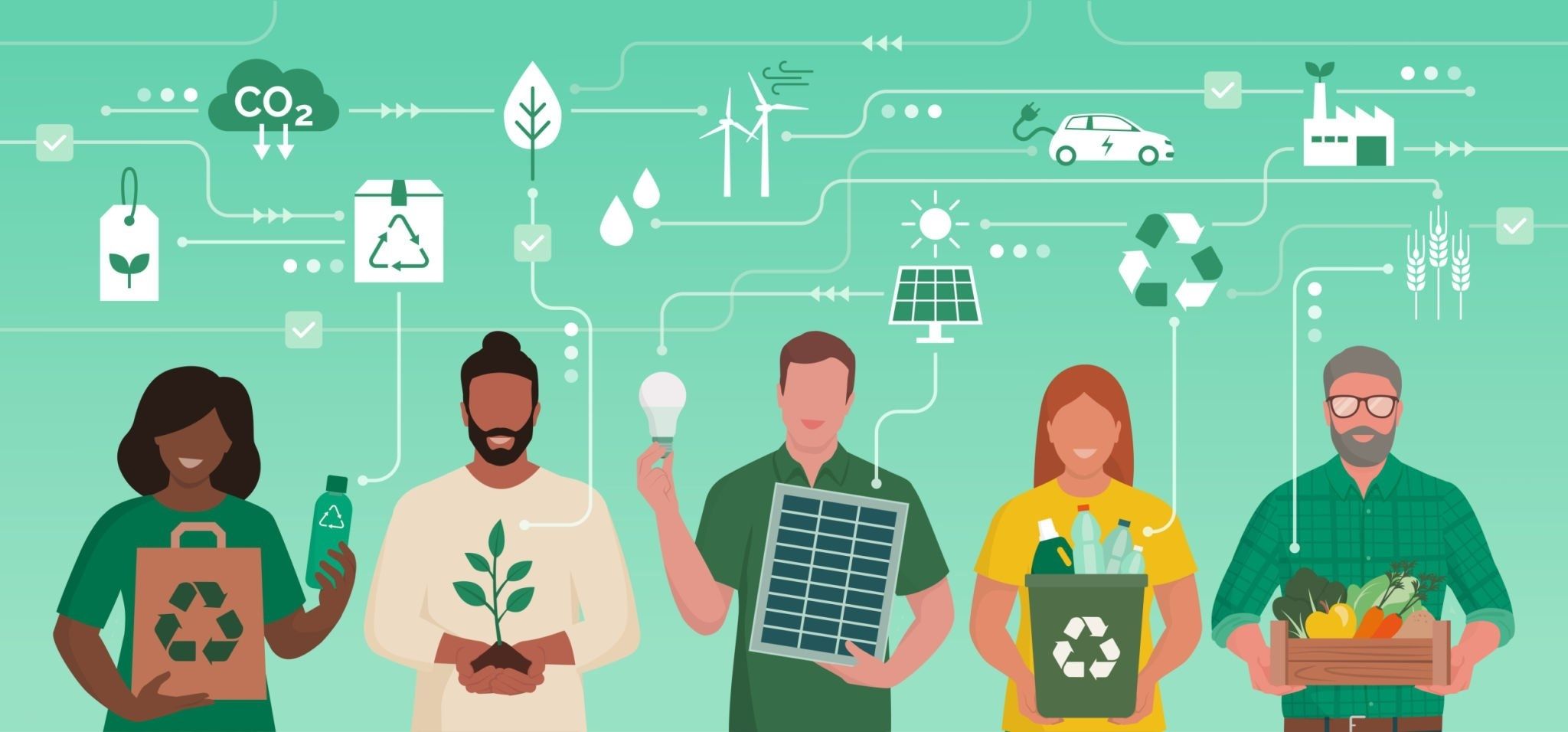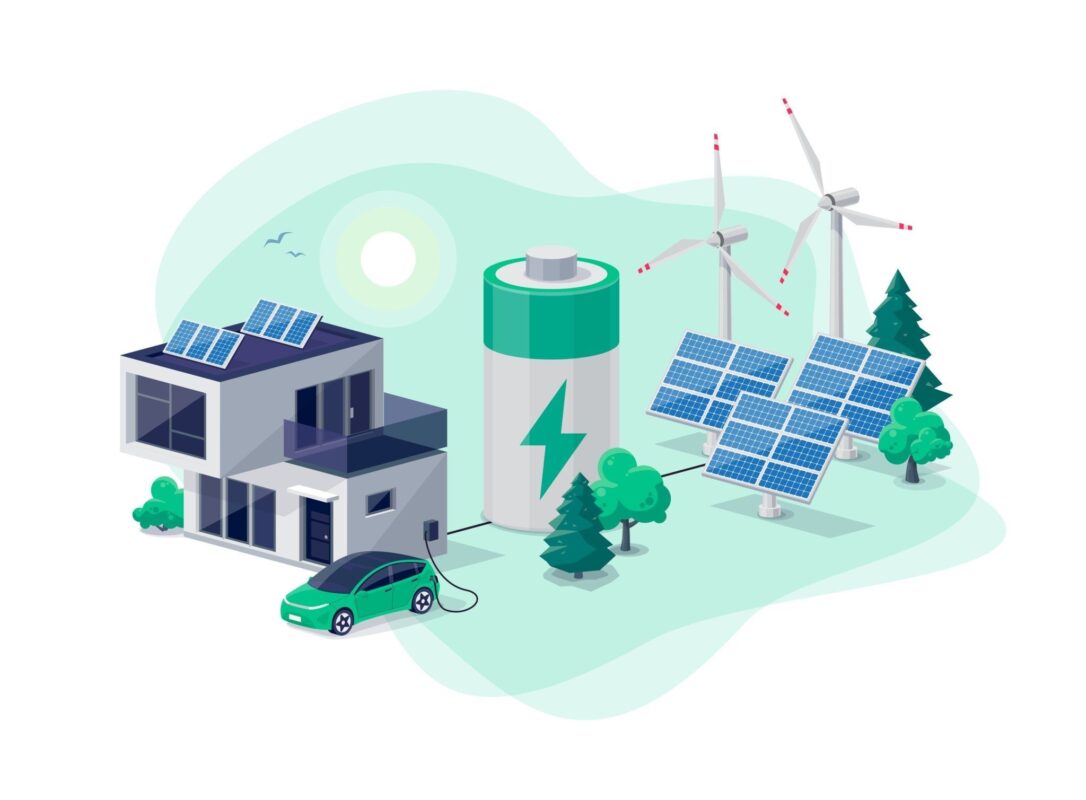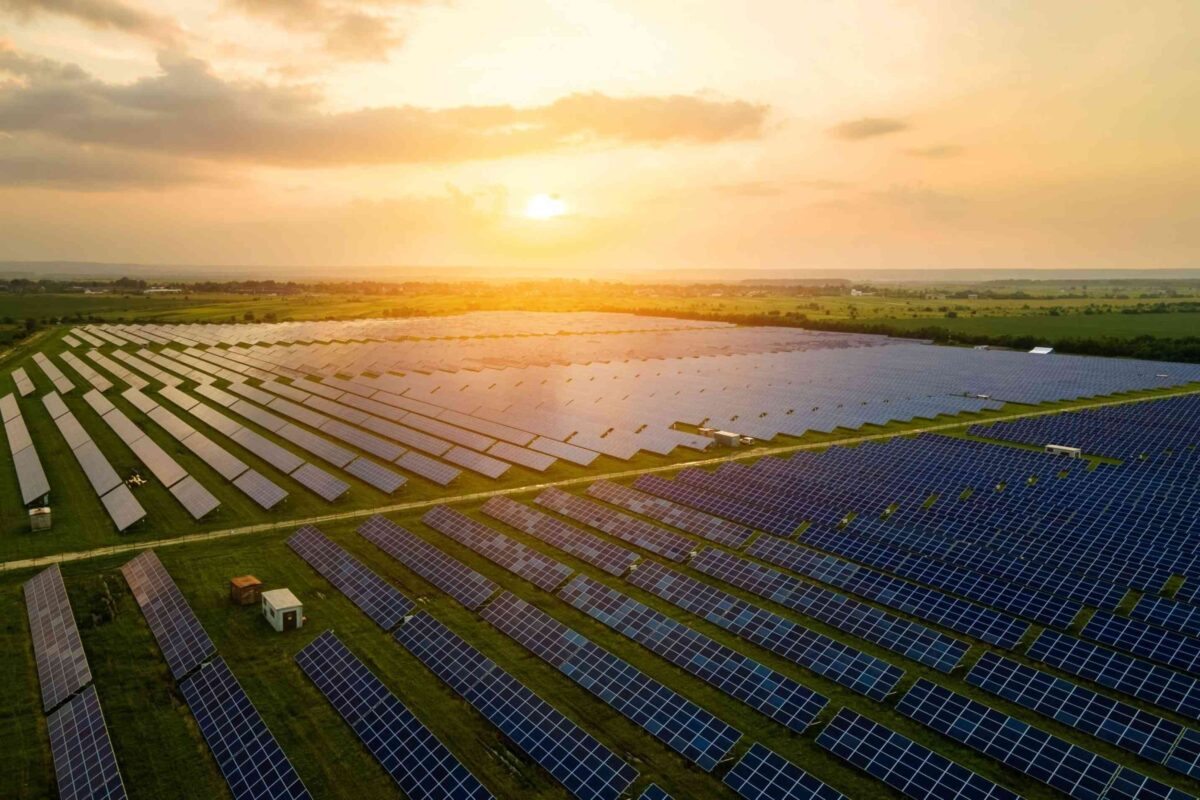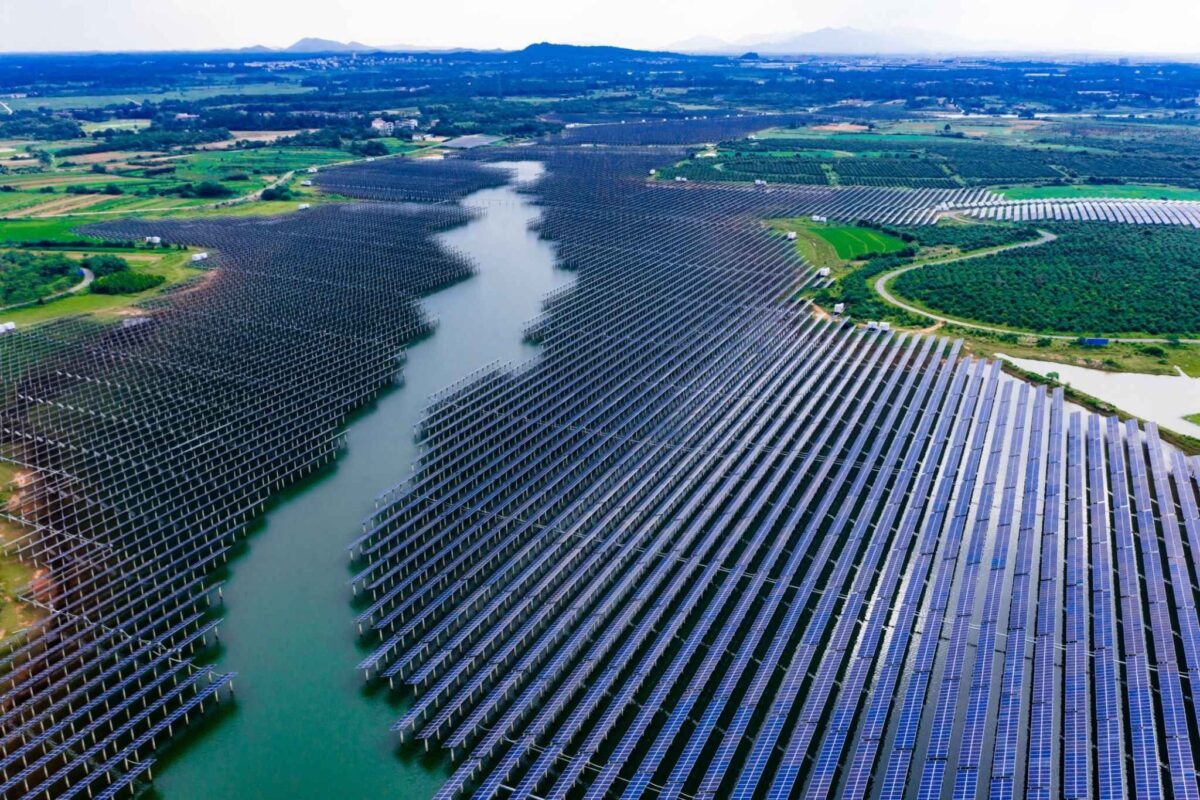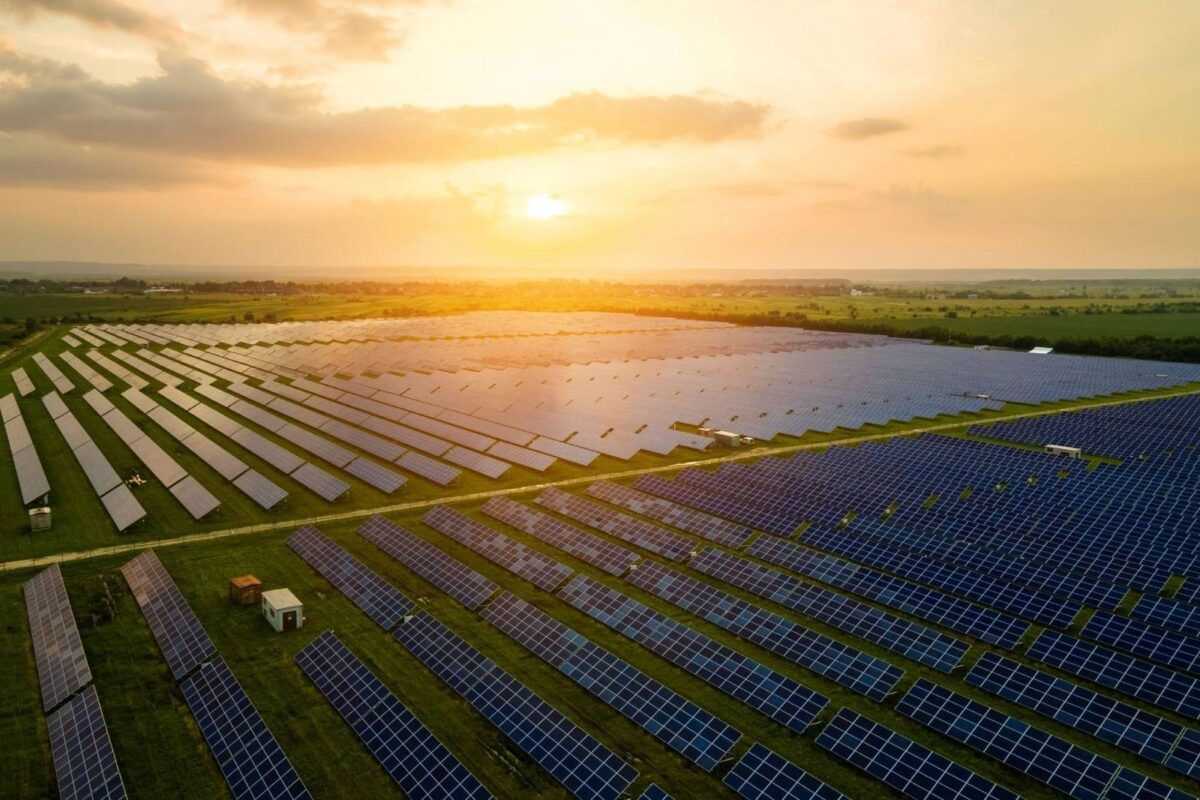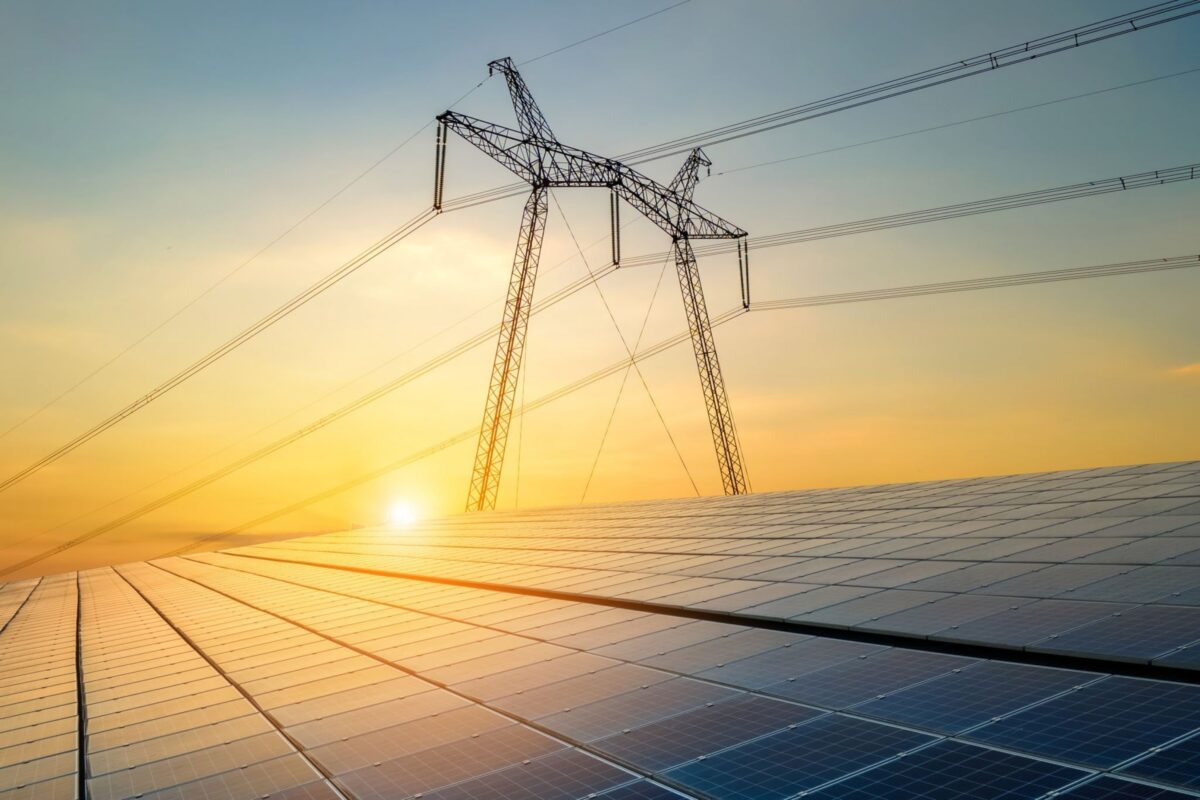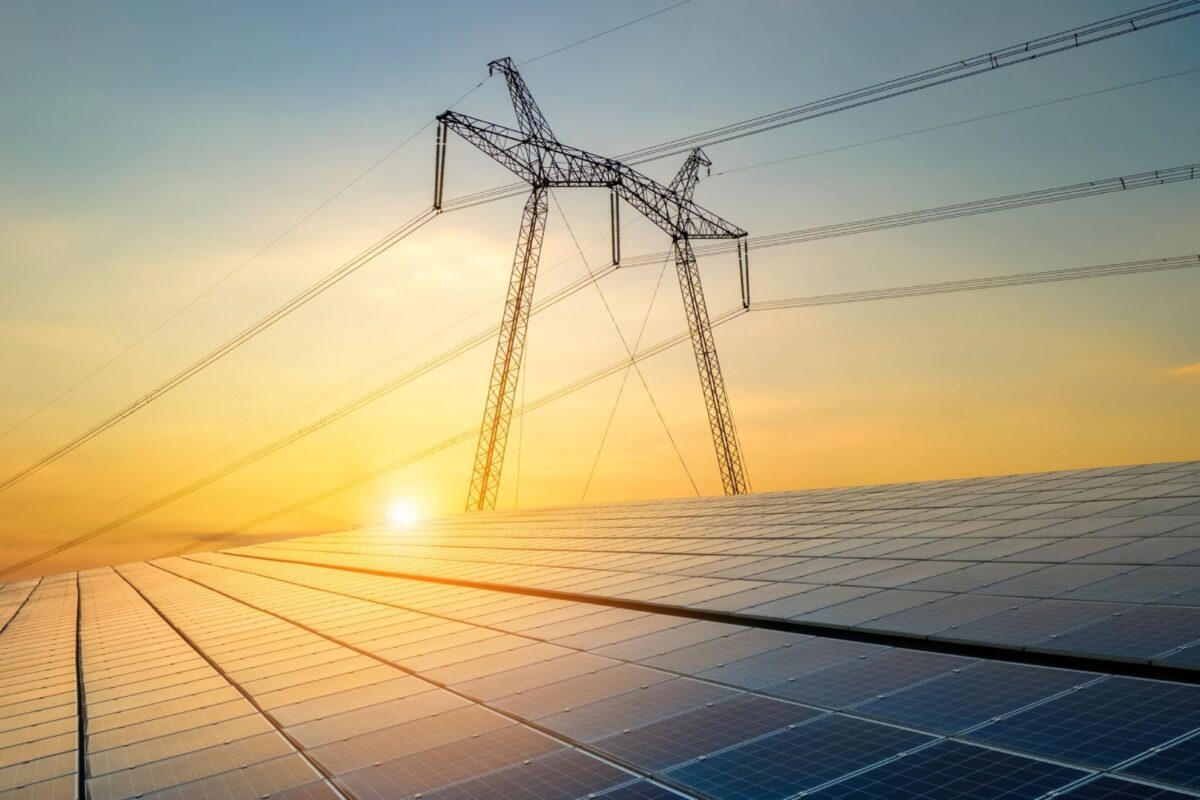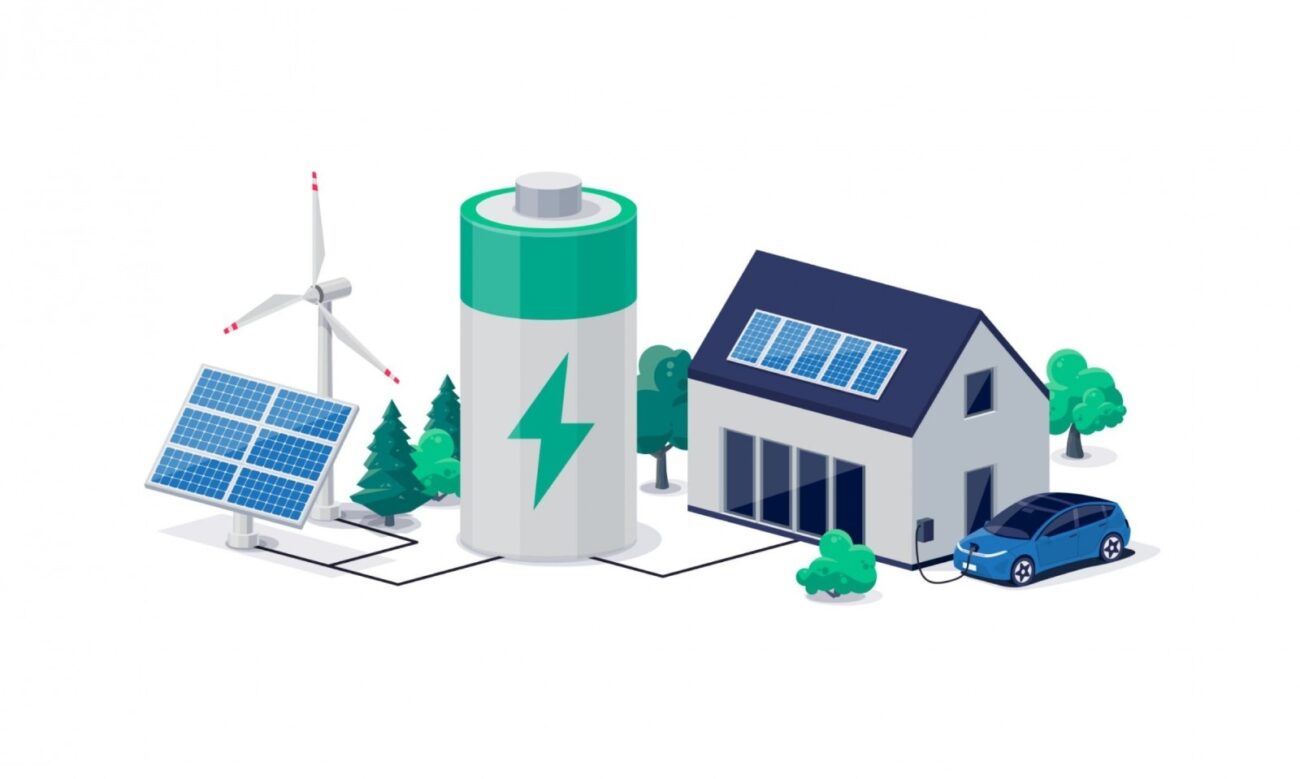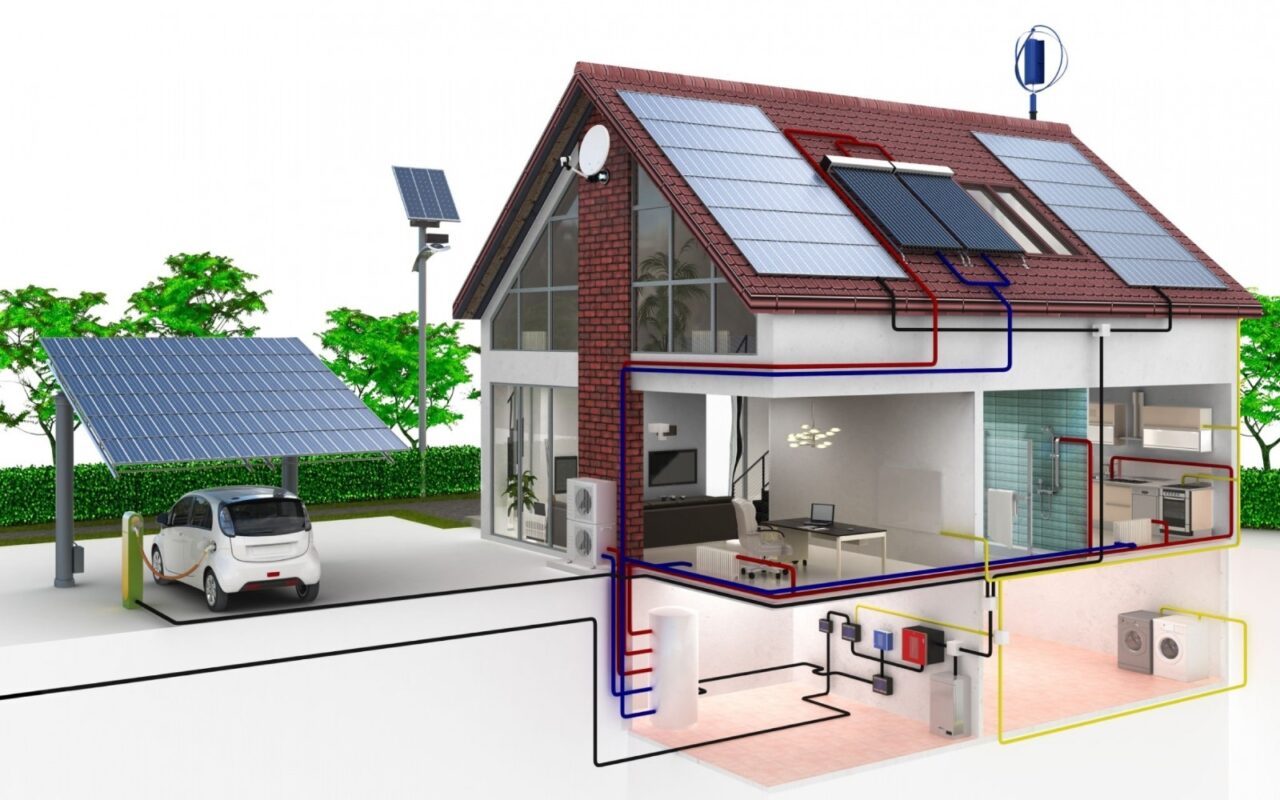As the world continues to seek alternative and sustainable energy sources, solar power has emerged as one of the most promising solutions. Solar panels, made of photovoltaic cells, harness the sun’s energy to generate electricity, providing a clean and renewable source of power. However, as the number of solar installations continues to grow, the need for solar cell recycling is becoming increasingly important.
Recycling is an essential component of the circular economy, a model that aims to minimize waste and maximize the value of resources. In the case of solar cells, recycling can help recover valuable materials, reduce waste, and prevent pollution. In this blog, we will explore the importance of solar cell recycling, the benefits it offers, and the current state of recycling in the solar industry.
The Importance of Solar Cell Recycling
Solar panels are typically made of silicon-based photovoltaic cells that convert sunlight into electricity. While solar panels are designed to last for decades, they will eventually reach the end of their useful life. At this point, the panels can be recycled to recover valuable materials such as silicon, glass, and metals. Recycling can also prevent the release of potentially hazardous substances, such as lead and cadmium, into the environment.
In addition to end-of-life recycling, recycling can also occur during the manufacturing process. For example, the production of silicon wafers, which are used in solar cells, generates a significant amount of waste silicon. This waste can be recycled to produce new wafers, reducing the environmental impact of the manufacturing process.
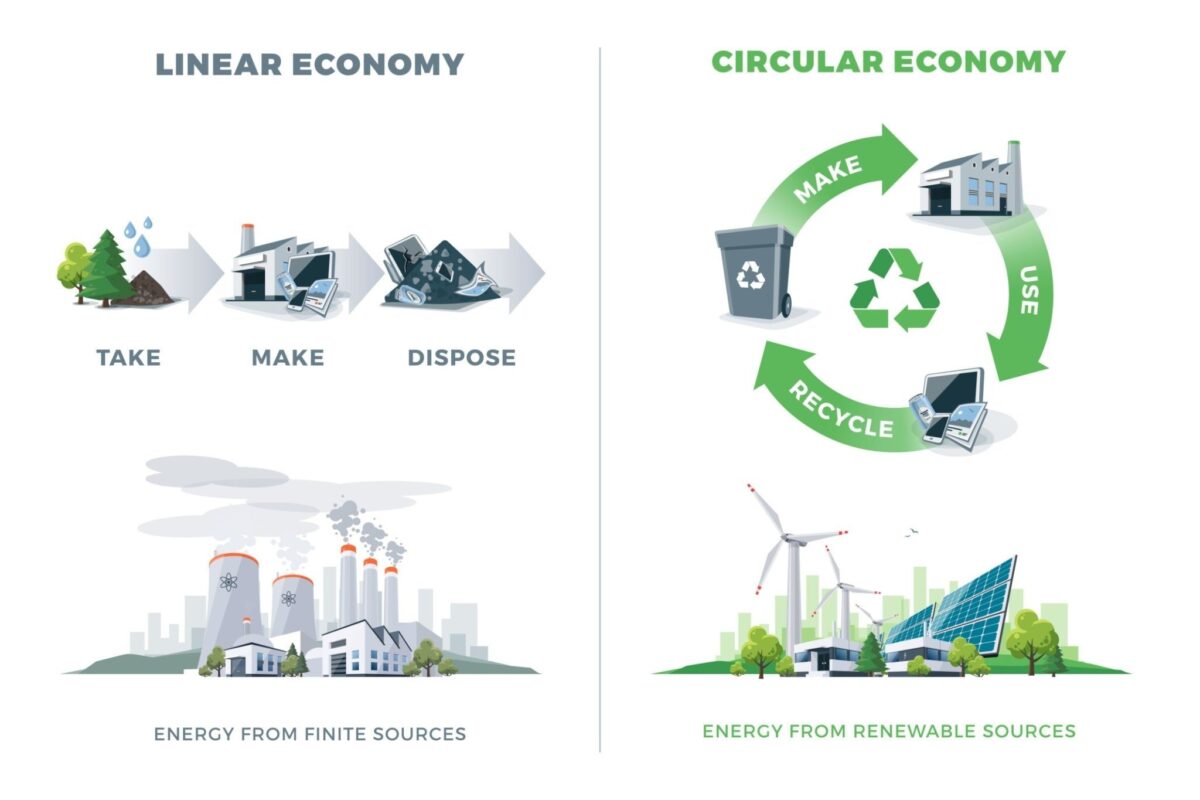
The Benefits of Solar Cell Recycling
Recycling solar cells offers numerous benefits for both the environment and the economy. Here are some of the key advantages of solar cell recycling:
- Resource Conservation: Recycling solar cells allows us to recover valuable materials such as silicon, glass, and metals, which can be used to make new solar cells. This reduces the need for new raw materials, conserving natural resources and reducing the environmental impact of mining and extraction.
- Pollution Prevention: Solar cells contain potentially hazardous substances, such as lead and cadmium, which can be harmful to the environment if not handled properly. Recycling these cells can prevent the release of these substances into the environment, protecting both human health and the natural world.
- Economic Benefits: Solar cell recycling can create new jobs and businesses in the recycling industry. Additionally, recycling can reduce the cost of producing new solar cells by providing a source of recycled materials, lowering the overall cost of solar power.
The State of Solar Cell Recycling
India has set an ambitious target of achieving 175 GW of renewable energy capacity by 2022, including 100 GW of solar power. As the country continues to expand its solar capacity, the need for effective solar cell recycling is becoming increasingly important.
The current state of solar cell recycling in India is still in its nascent stages. According to a report by the International Renewable Energy Agency (IRENA), India’s recycling capacity for solar panels is limited, with only a few companies offering recycling services.
One of the main challenges facing solar cell recycling in India is the lack of awareness and infrastructure. Many solar panel manufacturers and users are not aware of the importance of recycling, and there is a shortage of recycling facilities and processes.
However, there are several initiatives underway to promote solar cell recycling in India. In 2018, the Indian government launched a scheme called the “Grid Connected Rooftop Solar Programme,” which aims to install 40 GW of rooftop solar capacity by 2022. As part of the scheme, the government has mandated the recycling of end-of-life solar panels and has established a target of recycling 30% of panels by 2023.
Additionally, the Ministry of New and Renewable Energy (MNRE) has released guidelines for the recycling of solar panels. The guidelines provide a framework for the safe and environmentally sound recycling of solar panels and establish standards for the collection, transportation, and recycling of end-of-life panels.
Several private companies have also entered the solar cell recycling market in India. For example, the Mumbai-based company Greenviron India offers end-to-end recycling services for solar panels, including collection, transportation, and recycling. The company uses a combination of mechanical and chemical processes to recover valuable materials such as glass, metals, and silicon.
Similarly, the company SunPro Energies has developed a process for recycling silicon-based solar cells. The company’s process involves separating the different materials in the cells using physical and chemical processes, which can recover up to 90% of the materials in the cells.
Despite these initiatives and developments, the solar cell recycling industry in India still faces several challenges. One of the main challenges is the lack of incentives and policies to encourage recycling. Without proper policies and incentives, solar panel manufacturers and users may not see the economic benefits of recycling and may opt for cheaper disposal options.
Another challenge is the lack of infrastructure for recycling. Many of the existing recycling facilities in India are small and limited in capacity, making it difficult to handle the increasing volume of end-of-life solar panels. Additionally, there is a shortage of skilled workers and technicians who are trained in the proper handling and recycling of solar panels.
Conclusion
Solar cell recycling is an essential component of India’s transition to renewable energy. By recovering valuable materials and reducing waste, recycling can help make solar power more sustainable and environmentally friendly. While the solar cell recycling industry in India is still in its early stages, there are several initiatives and developments underway to promote recycling. It is essential that the government and industry work together to develop policies, incentives, and infrastructure to support the growth of solar cell recycling in India.

